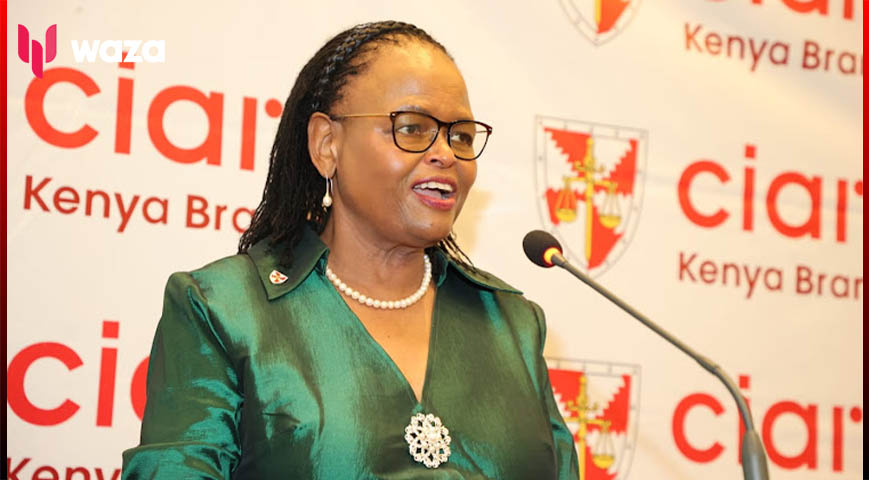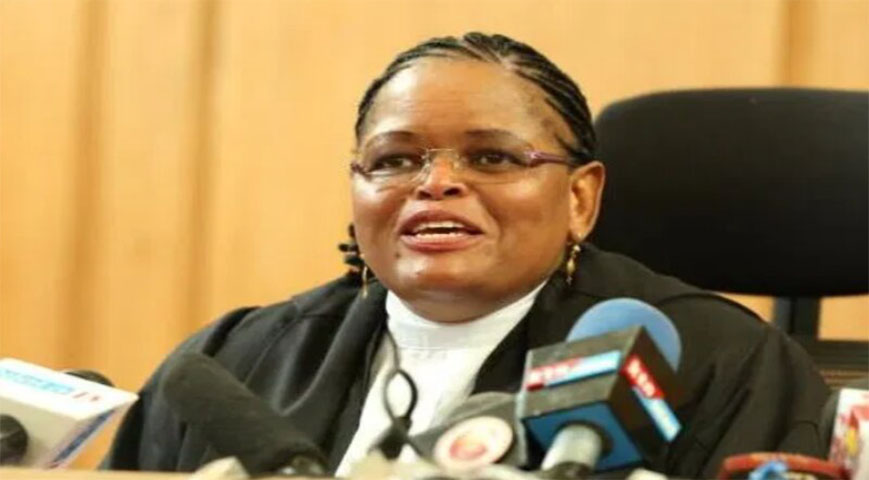Chief Justice Martha Koome stated that while the Judiciary is happy to consult with other branches of government, judges, and magistrates would not be pressured to render favorable decisions to the government.
.jpg)
“We can engage in constructive conversations that enable the institution to perform its role optimally while ensuring that we do not engage in discussions that dictate how the cases in court should be decided. That must always remain a no-go zone," said Justice Koome.
The conference comes when the judiciary is at odds with the government over decisions contradicting Kenya Kwanza government policies.
Did you read this?
President William Ruto has accused the judiciary of derailing Kenya's Kwanza government agenda by halting key policies.

The president, for example, has threatened to disregard court decisions halting the contentious housing levy, which judges determined was discriminatory.
According to Ruto, to defend constitutionalism, exercise institutional independence, and protect people's rights, it is critical not to deny them legitimate options such as property ownership or access to healthcare.
Following a visit at the State House, CJ Koome's attempt to expedite cases concerning government policy looks to pierce the veil surrounding his discussions with the president.
She stated that the difficulty with court orders is that they tend to freeze time in circumstances involving time-sensitive programs.
“Concerns mainly relate to the timelines for hearing and resolving cases involving time-sensitive government programs, especially when ex-parte orders are issued, and the hearing dates are set many months later,” said Koome.
She stated that courts will employ technology more effectively in their processes to ensure efficiency. The CJ noted that this will involve a platform for monitoring cases and providing data in a timely manner.









